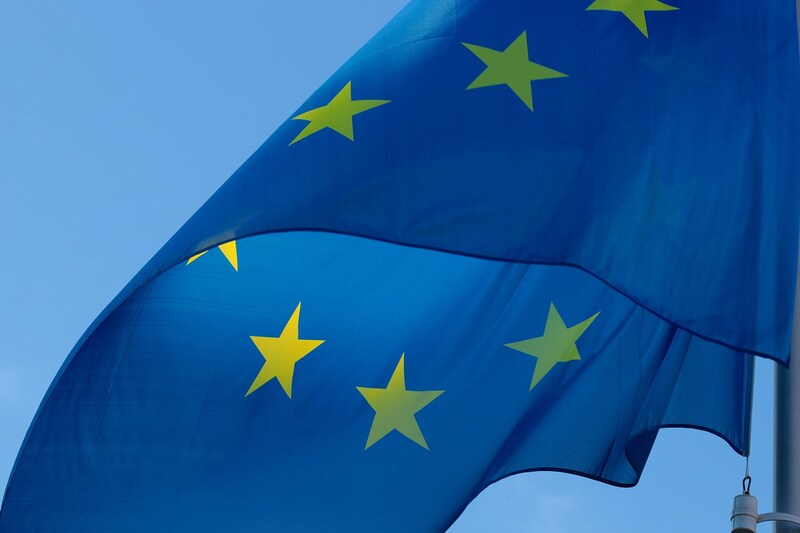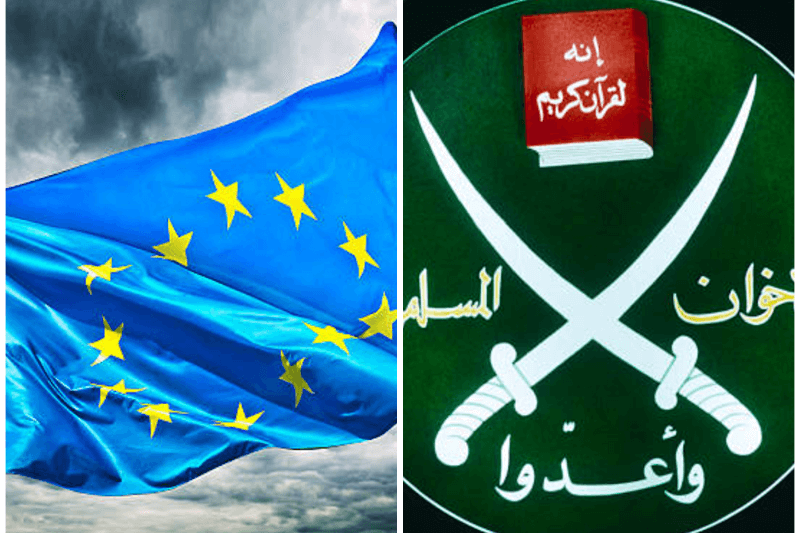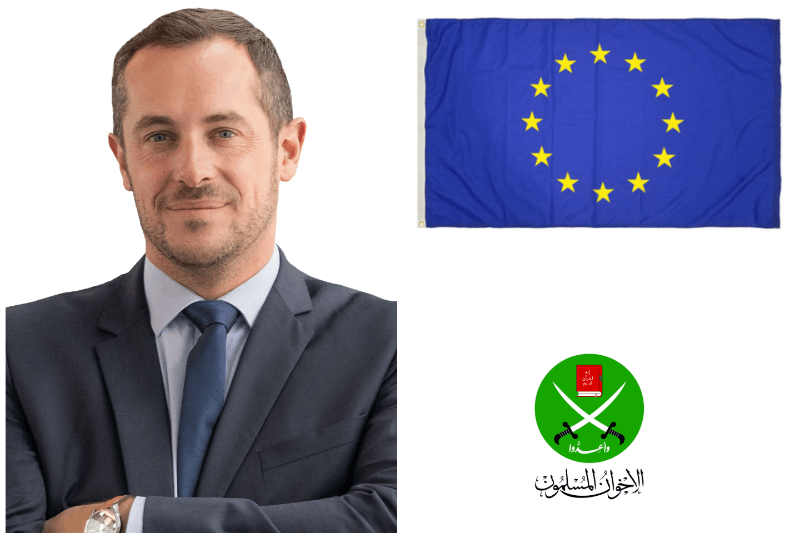
Democracy Under Threat? Moldova’s EU Vote Faces Foreign Interference Claims
An European country Moldova is facing challenging situation as the outcomes where the question is whether to change its constitution and commit to joining the EU hangs in the balance. Public opinion and polling are making the situation more dense.
President Maia Sandu supports EU integration has criticized the tight results. He claimed they stemmed from foreign interference, particularly alleging Russian influence. He described the situation as an “unprecedented attack on democracy”. He also cited the widespread claims that Russia paid people to vote a certain way which the Kremlin has denied.
“I voted today for Moldovans to be able to decide their own fate, not anyone else,” Sandu said as she cast a ballot in the capital Chisinau. “Not based on the lies and the dirty money, but only the will of the people,” she added.
This referendum coincided with the presidential election of Moldova. Sandu received 41% of the votes in the first round but it fell short from the majority. Aleksandr Stoianoglo garnered 27%. Stoianoglo is backed by the pro-Russian Party of Socialists and could pose a significant challenge in the second round set for November 3.
In her remarks Sandu accused “criminal groups” of colluding with foreign forces to manipulate the vote, claiming that evidence shows 300,000 votes were bought—an allegation of fraud she deemed unprecedented. Meanwhile voters turnout exceeded 51%, validating the referendum though the outcome may have complicated Moldova’s EU accession talks, which will continue despite the results not being legally binding.
Many young voters expressed strong support for EU integration. The reason behind this clear and strong support that the desire for better economic opportunities and a future free from Russian influence. One voter Oksana emphasized the need to choose a European path for peace and stability.
After all their vote percentage there is a signal for reports of vote-buying. The reports by BBC also raised concerns. The stakes remain high for Moldova with the country at a crossroads between pursuing an alliance with Europe or maintaining ties with Russia. The coming weeks will be crucial in determining Moldova’s future direction.




